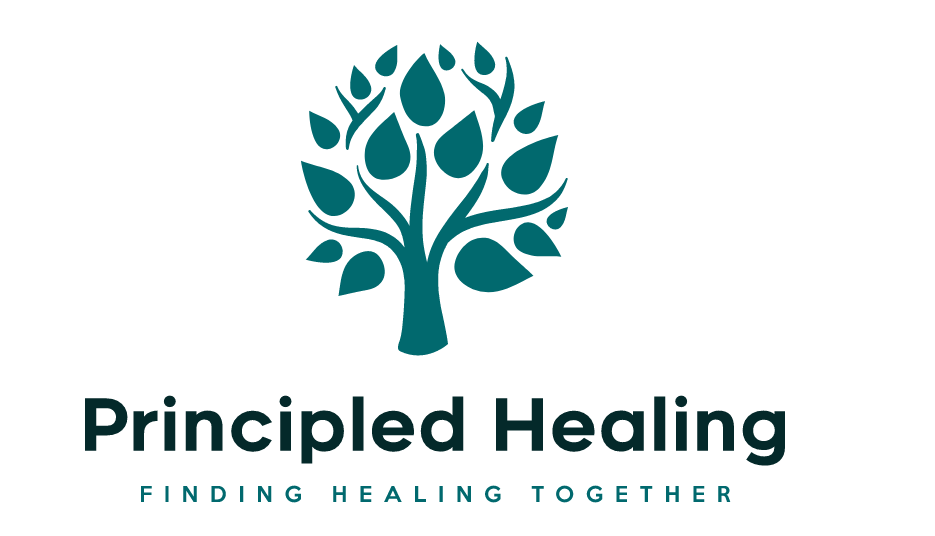Healing intestinal permeability, commonly referred to as “leaky gut,” involves addressing the underlying factors that contribute to the compromised integrity of the intestinal lining. While specific approaches may vary based on individual health conditions, here are general methods that are commonly suggested to support the healing of leaky gut:
- Dietary Changes:
- Elimination Diet: Identify and remove potential trigger foods that may be contributing to inflammation and gut permeability. Common culprits include gluten, dairy, soy, and processed foods.
- Anti-Inflammatory Diet: Emphasize a diet rich in whole, unprocessed foods, including fruits, vegetables, lean proteins, and healthy fats. Incorporate anti-inflammatory foods like fatty fish (omega-3 rich), turmeric, and ginger.
- Bone Broth: Rich in collagen and amino acids, bone broth can support gut health and help repair the intestinal lining.1
- Nutrient Supplementation:
- Probiotics: Restore and maintain a healthy balance of gut bacteria. Probiotics can promote a diverse microbiota and contribute to a healthier gut lining.
- Digestive Enzymes: Support digestion and nutrient absorption by supplementing with enzymes that aid in the breakdown of food.
- L-Glutamine: An amino acid that helps repair the intestinal lining and reduce inflammation.
- Gut-Supportive Supplements:
- Quercetin: A flavonoid with antioxidant and anti-inflammatory properties that may help reduce intestinal permeability.
- Zinc: Plays a crucial role in gut health and can support the healing of the intestinal lining.
- Marshmallow Root and Slippery Elm: These herbs can provide a soothing effect on the digestive tract and help with mucous membrane repair.
- Manage Stress:
- Chronic stress can contribute to gut inflammation and compromise the integrity of the intestinal lining. Incorporate stress-reducing practices such as meditation, deep breathing, yoga, or mindfulness.
- Identify and Address Food Sensitivities:
- Identify and eliminate foods that may be triggering an immune response and contributing to gut permeability. This can be done through elimination diets or food sensitivity testing.
- Addressing Infections:
- Infections, such as bacterial overgrowth or parasitic infections, can contribute to gut issues. Identifying and treating these infections with the help of a healthcare professional is important for gut healing.
- Optimize Sleep:
- Quality sleep is crucial for overall health, including gut repair. Aim for 7-9 hours of uninterrupted sleep per night.
- Hydration:
- Ensure adequate hydration to support the mucous lining of the intestines and overall digestive function.
- Regular Exercise:
- Engage in regular physical activity, as exercise can contribute to a healthy gut microbiota and help regulate immune function.
It’s important to note that individual responses to these strategies may vary, and consulting with a healthcare professional, such as a functional medicine practitioner or a gastroenterologist, is advisable for a personalized approach based on specific health needs and conditions.
Eating to Heal Your Leaky Gut
While there is no specific “leaky gut diet” endorsed by all experts, certain foods are often recommended for their potential to support gut health and promote healing in individuals with leaky gut or intestinal permeability issues. It’s important to note that individual responses to foods can vary, and consulting with a healthcare professional or registered dietitian for personalized advice is recommended. Here are some foods that are commonly considered beneficial for promoting gut health and potentially supporting the healing of leaky gut:
- Bone Broth:
- Rich in collagen and amino acids, bone broth is thought to support the repair of the intestinal lining and provide essential nutrients for gut health.
- Fermented Foods:
- Yogurt with live probiotics
- Kefir
- Sauerkraut
- Kimchi
- Miso
- Tempeh
- Probiotic-Rich Foods:
- These foods introduce beneficial bacteria into the gut, promoting a healthy balance of microbiota.
- Probiotic supplements may also be considered under the guidance of a healthcare professional.
- Fiber-Rich Foods:
- Fruits (especially berries, apples, and pears)
- Vegetables (especially leafy greens, broccoli, and carrots)
- Whole grains (quinoa, brown rice, oats)
- Legumes (chickpeas, lentils, black beans)
- Healthy Fats:
- Avocado
- Olive oil
- Fatty fish (salmon, mackerel, sardines)
- Nuts and seeds (almonds, walnuts, chia seeds, flaxseeds)
- Ginger and Turmeric:
- Both ginger and turmeric have anti-inflammatory properties that may help reduce inflammation in the gut.
- Aloe Vera:
- Aloe vera may have soothing effects on the digestive tract and is sometimes used to support gut health.
- Coconut Products:
- Coconut oil and coconut milk may be included in the diet. They are sources of medium-chain triglycerides (MCTs), which can be easier to digest.
- L-Glutamine-Rich Foods:
- L-Glutamine is an amino acid that supports the health of the intestinal lining.
- Foods rich in L-Glutamine include bone broth, cabbage, spinach, and parsley.
- Low-FODMAP Foods:
- For individuals with irritable bowel syndrome (IBS) or sensitive guts, following a low-FODMAP diet under the guidance of a healthcare professional may help manage symptoms.
It’s crucial to note that while certain foods may be beneficial, an overall balanced and varied diet, along with a healthy lifestyle, is key for gut health. Additionally, identifying and avoiding specific trigger foods that may contribute to inflammation or irritation in the gut is an important aspect of managing leaky gut. Consulting with a healthcare professional or a registered dietitian can help create a personalized plan based on individual health needs and conditions.
Content written by ChatGPT 3.5 on March 10, 2024
References:
- Lopetuso LR, Scaldaferri F, Bruno G, Petito V, Franceschi F, Gasbarrini A. The therapeutic management of gut barrier leaking: the emerging role for mucosal barrier protectors. Eur Rev Med Pharmacol Sci. 2015;19(6):1068-76. ↩︎

